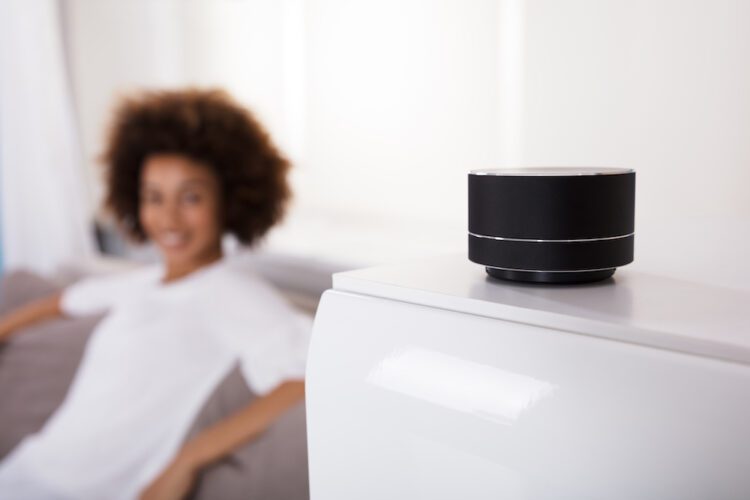If Santa brought you or someone you know a “smart speaker” for Christmas, you’re not alone. Use of Amazon Echo and Google Home devices is skyrocketing, with Adobe estimating some 40% of U.S. consumers would own one by the end of 2018.
Hands-free voice commands are even more popular for mobile devices. More than half of U.S. consumers have used voice assistants on their phones, PwC found, and 90% are at least aware of the voice capabilities their devices offer. Marketers have scrambled to follow the shift away from text-based search and position their brands for maximum visibility in the world of Siri and Alexa.
Although voice search marketing is still nascent, 2019 brings a growing number of opportunities for you to gain exposure on voice search. Here are a few strategies to get you started.
Focus on natural language, not keyword stuffing.
The artificial intelligence that powers voice search results replicates the human brain’s neural networks to interpret meaning, not just parse keywords – so thankfully, the days of cramming nonsensical paragraphs “above the fold” in value-added content are drawing to a close. Instead, merchants should use blog posts, buyers’ guides, articles, and how-to features to address common questions about products and provide answers to frequent customer service inquiries.
Structure value-added content for featured snippet visibility.
A study by Moz found that Google’s voice search results rely heavily on featured snippets, which extract page information for display directly on results pages. That makes SEO efforts more important than ever. Using “structured data” markup to tag content can help boost your visibility and open your content to featured and rich snippet display.
Add Shopping Actions to paid search plays.
Last year, Google launched Shopping Actions, which enables search and transactions across touchpoints, including via the voice-activated Google Assistant. With paid search positions available in Shopping Actions, a clutch of leading brands took the plunge prior to the holiday season. Merchants should watch these early adopters’ results closely and calibrate their paid search budgets to include Shopping Actions for key categories.
Enter the Amazon Marketplace – and play to win.
Unlike Google, Amazon so far hasn’t opened paid placements for its intelligent agent, Alexa. But merchants can win Alexa sales through participation in the online giant’s third-party marketplace. Earning the Amazon Choice badge and optimizing product pages increase the likelihood of Alexa recommendations. That means that merchants who enter the Marketplace should plan to invest wholeheartedly in meeting Amazon’s criteria.
How are you optimizing your online offerings for voice?




